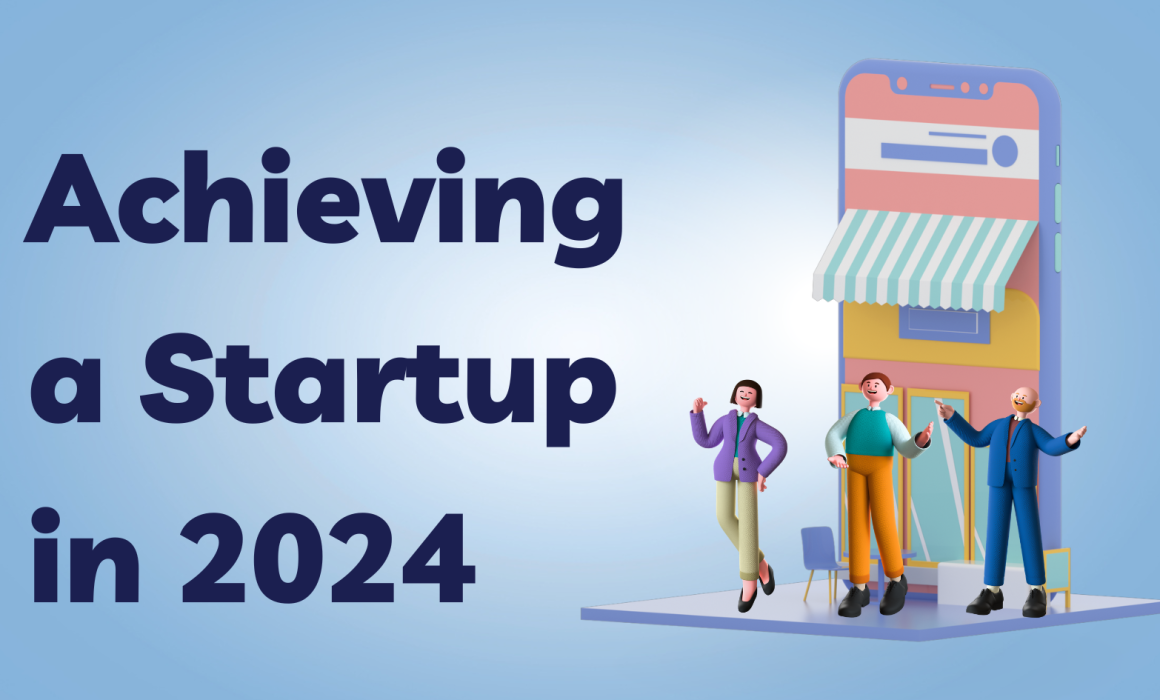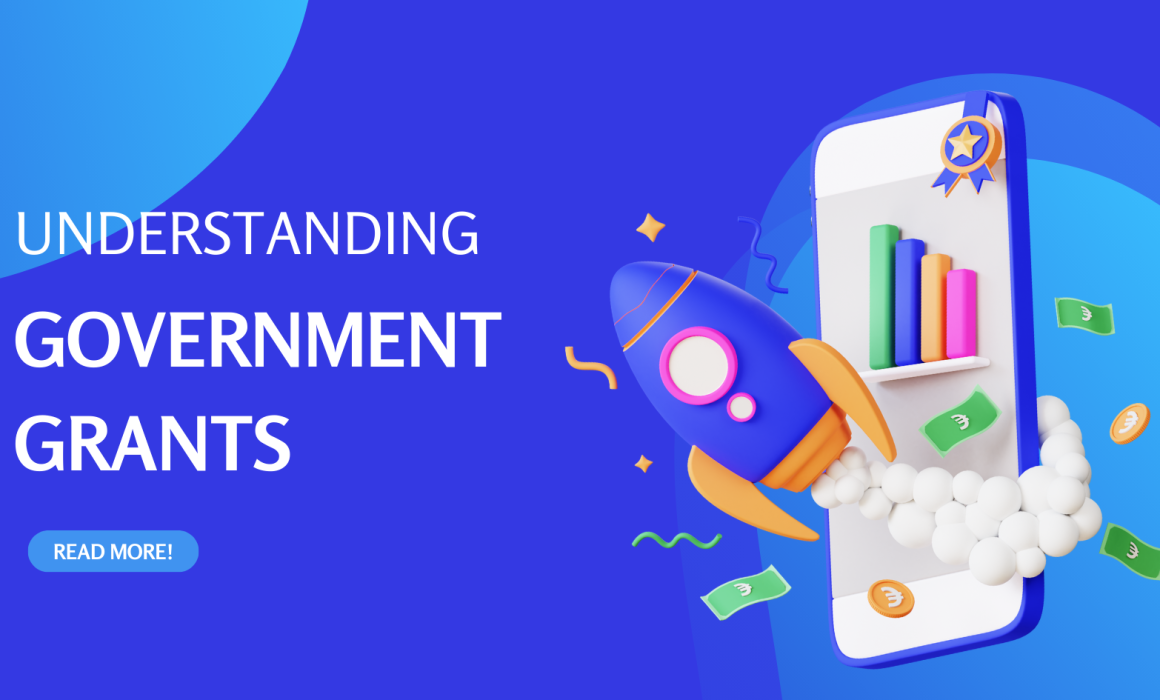The entrepreneurial landscape in 2024 is a dynamic and rapidly evolving arena, brimming with opportunities yet fraught with challenges. Innovators and visionaries are finding new avenues to disrupt traditional markets, while technological advancements continue to reshape the business world. This comprehensive guide is designed to steer aspiring entrepreneurs through the intricate process of launching a successful startup in today’s fast-paced environment.
Ideation and Conceptualization
Finding Your Niche: In the saturated market of 2024, carving out a unique niche is more critical than ever. It involves a deep dive into market gaps, emerging trends, and unmet consumer needs. The goal is to identify an area where your business can not only survive but thrive. Validating Your Business Idea: Before investing resources, it’s crucial to validate your business concept. This can be achieved through comprehensive market research, engaging with potential customers, and testing the idea with minimum viable products (MVPs).
Market Research and Analysis
Understanding Your Audience: Success in 2024 hinges on an intimate understanding of your target market. Detailed demographic studies, consumer behavior analysis, and engagement metrics are indispensable tools for gaining insights into your audience’s needs and preferences. Analyzing Competitors: A thorough analysis of your competitors provides a blueprint of what works and what doesn’t in your industry. This step is vital to position your startup in a way that capitalizes on competitors’ weaknesses and leverages your unique selling propositions.
Business Planning and Strategy
Crafting a Business Plan: A well-thought-out business plan is your roadmap to entrepreneurial success. It should detail your business model, market analysis, operational strategies, and financial forecasts, providing a clear vision of your business’s path forward. Setting Realistic Goals and Milestones: Establishing clear, achievable goals and milestones is essential for tracking your startup’s progress. This approach helps maintain focus and provides a framework for making informed decisions.
Financial Planning for Startups
Budgeting and Funding Options: Effective budgeting and exploring diverse funding options, including angel investors, venture capital, and crowdfunding, are fundamental for a startup’s financial health. Startups must also be adept at managing their burn rate to prolong their runway. Managing Cash Flow: Robust cash flow management is crucial in navigating the early stages of a startup. This involves careful monitoring of expenses, timely invoicing, and maintaining adequate cash reserves.
Seeking Investments and Grants
Pitching to Investors: Crafting a compelling pitch that highlights the uniqueness, scalability, and profitability of your business idea is key to attracting investors. This requires a clear articulation of your vision, market potential, and revenue model. Exploring Government Grants and Incentives: Startups should explore government grants and incentives designed to support innovation and entrepreneurship. These can provide much-needed funding without the need for equity dilution.
Legal Considerations and Compliance
Choosing the Right Business Structure: Deciding on the appropriate legal structure for your startup is a foundational decision. This choice affects tax obligations, fundraising capabilities, and the level of personal liability. Licensing and Permits: Compliance with legal requirements, including obtaining necessary licenses and permits, is critical to avoid costly legal challenges and ensure smooth operations.
Intellectual Property and Legal Protection
Patenting and Trademarks: Protecting your intellectual property is paramount in safeguarding your business ideas and brand identity. This involves securing patents, trademarks, and copyrights where applicable. Legal Contracts and Agreements: Drafting clear and enforceable legal contracts and agreements is vital in managing relationships with partners, employees, and customers, and in protecting your business interests.
Building a Strong Brand and Online Presence
Brand Identity and Messaging: In the digital age, a strong brand identity and coherent messaging resonate with your target audience and differentiate your startup from competitors. This encompasses your logo, brand colors, and the tone of your communications. Digital Marketing Strategies: A robust digital marketing strategy, utilizing SEO, content marketing, and digital advertising, is indispensable in building an online presence and reaching a wider audience in 2024.
Leveraging Social Media
Engaging with Your Audience: Social media platforms are powerful tools for engaging directly with your audience. Regular, authentic engagement helps build a loyal community around your brand. Social Media Marketing Tactics: Effective social media marketing tactics, such as influencer partnerships, targeted ads, and viral content, can significantly enhance your brand’s visibility and appeal to a broader demographic.
Product Development and Service Delivery
Designing and Testing Your Product: The design and development phase should prioritize user experience and functionality. Rigorous testing ensures that your product or service meets market standards and customer expectations. Ensuring Quality and Customer Satisfaction: High-quality products and exceptional customer service are the cornerstones of customer satisfaction, leading to repeat business and positive word-of-mouth.
Utilizing Technology and Innovation
Embracing Digital Transformation: Leveraging the latest technologies, such as AI, blockchain, and IoT, can streamline operations, enhance customer experiences, and give your startup a competitive edge. Innovative Tools and Resources: Utilizing cutting-edge tools and resources optimizes productivity and efficiency, enabling your startup to stay agile and responsive to market changes.
Sales and Customer Relations
Effective Sales Techniques: Developing and implementing effective sales strategies are essential for driving revenue and growth. This includes understanding customer pain points, offering tailored solutions, and creating compelling sales pitches. Building Long-Term Customer Relationships: Establishing and nurturing long-term relationships with customers is key to sustaining business growth. This involves consistent communication, exceeding customer expectations, and providing value beyond the initial sale.
Feedback and Continuous Improvement
Utilizing Customer Feedback: Actively seeking and incorporating customer feedback is crucial for continuous improvement. This feedback loop can drive innovation and ensure your product or service remains relevant and high-quality. Iterative Development and Innovation: Adopting an iterative approach to product development encourages constant refinement and adaptation, keeping your startup at the forefront of industry trends and customer needs.
Scaling Your Startup
Expansion Strategies: As your startup grows, consider strategies for expansion, such as exploring new markets, diversifying product offerings, or forming strategic partnerships. Sustainable Growth Practices: Focus on sustainable growth practices that balance short-term gains with long-term viability. This includes responsible scaling, maintaining company culture, and adhering to ethical business practices.
The Path Forward for Startups in 2024
Navigating the startup landscape in 2024 demands resilience, adaptability, and a forward-thinking mindset. By embracing these strategies, entrepreneurs can position their startups for success amidst the challenges and opportunities of the modern business world.








Recent Comments